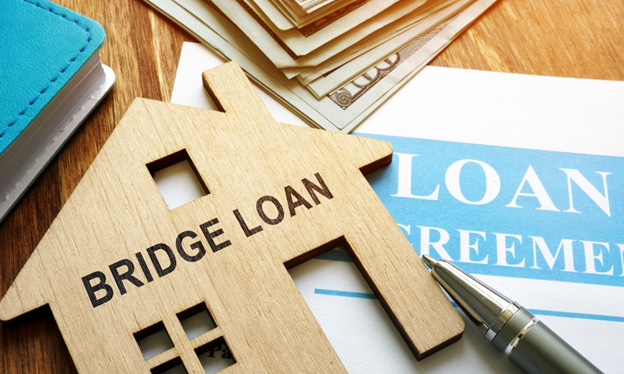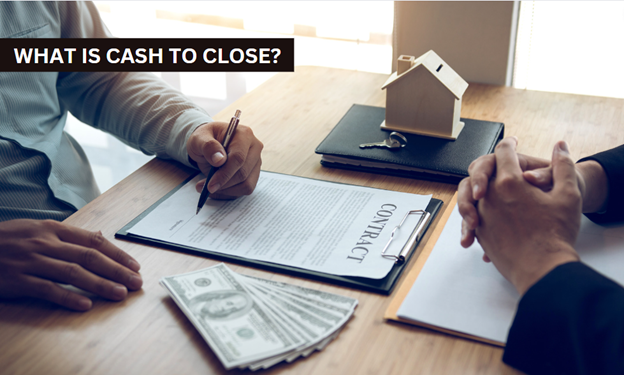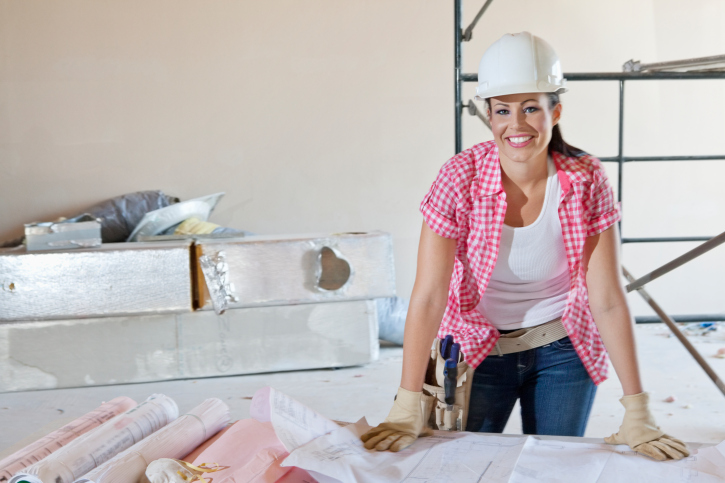 A bridge loan, also known as interim financing, is a short-term loan used to provide temporary financing until a borrower secures long-term financing or sells an asset. Bridge loans are commonly used in real estate transactions, such as when a buyer needs to close on a new home before selling their current home.
A bridge loan, also known as interim financing, is a short-term loan used to provide temporary financing until a borrower secures long-term financing or sells an asset. Bridge loans are commonly used in real estate transactions, such as when a buyer needs to close on a new home before selling their current home.
Bridge loans are typically secured by the borrower’s current property, which serves as collateral. The amount of the loan is determined by the equity in the borrower’s property and the value of the property they are purchasing. The loan is intended to bridge the gap between the purchase of a new property and the sale of the existing property.
Bridge loans often have higher interest rates and fees than traditional loans, due to their short-term nature and the increased risk associated with them. They may also require a lower loan-to-value ratio, which means that the borrower may need to put down a larger down payment to secure the loan.
Once the borrower secures long-term financing or sells their existing property, they can use the proceeds to pay off the bridge loan. In some cases, the borrower may choose to refinance the bridge loan into a traditional mortgage if they are unable to sell their existing property within the loan term.
Requirements for A Bridge Loan
The specific requirements for a bridge loan can vary depending on the lender and the purpose of the loan, but there are a few general requirements that borrowers should be aware of:
Collateral: A bridge loan is typically secured by collateral, which is often the property being purchased or the borrower’s current property. The lender will require a valuation of the collateral to determine the loan amount.
Creditworthiness: Although bridge loans are often easier to qualify for than traditional loans, lenders will still look at the borrower’s credit history and credit score to determine their ability to repay the loan.
Exit strategy: Lenders will want to see a clear plan for how the borrower intends to repay the loan. This could include selling the existing property, securing long-term financing, or other means.
Loan-to-value ratio: Bridge loans typically require a lower loan-to-value ratio than traditional loans, which means the borrower may need to provide a larger down payment to secure the loan.
Fees and interest rates: Bridge loans often come with higher fees and interest rates than traditional loans due to the increased risk and short-term nature of the loan. Borrowers should be aware of these costs when considering a bridge loan.
It’s important for borrowers to carefully consider their financial situation and their ability to repay the loan before taking out a bridge loan. Consulting with a financial advisor or a reputable lender can also help borrowers determine if a bridge loan is the right option for them.
 Last week’s economic reporting included readings on U.S. housing markets, sales of previously-owned homes, housing starts, and building permits issued. Weekly readings on mortgage rates and jobless claims were also released.
Last week’s economic reporting included readings on U.S. housing markets, sales of previously-owned homes, housing starts, and building permits issued. Weekly readings on mortgage rates and jobless claims were also released. “Cash to Close” refers to the total amount of money that a homebuyer needs to bring to the closing table to complete the purchase of a property. It includes the down payment, closing costs, and other fees associated with the home purchase.
“Cash to Close” refers to the total amount of money that a homebuyer needs to bring to the closing table to complete the purchase of a property. It includes the down payment, closing costs, and other fees associated with the home purchase. Getting a mortgage is a significant financial decision, and it is crucial to ensure that you are financially prepared before applying for one. Conducting a quick financial health check before applying for a mortgage can help you determine your financial standing and your ability to afford a mortgage payment.
Getting a mortgage is a significant financial decision, and it is crucial to ensure that you are financially prepared before applying for one. Conducting a quick financial health check before applying for a mortgage can help you determine your financial standing and your ability to afford a mortgage payment. Nearly 70 million American households include at least one pet, but most prospective buyers won’t want to see evidence of pets in a home on the market.
Nearly 70 million American households include at least one pet, but most prospective buyers won’t want to see evidence of pets in a home on the market. Hiring a home contractor can be a daunting task, as the success of your home renovation or construction project depends largely on the competence of the contractor you choose. Here are some critical tips to consider when hiring a home contractor:
Hiring a home contractor can be a daunting task, as the success of your home renovation or construction project depends largely on the competence of the contractor you choose. Here are some critical tips to consider when hiring a home contractor: